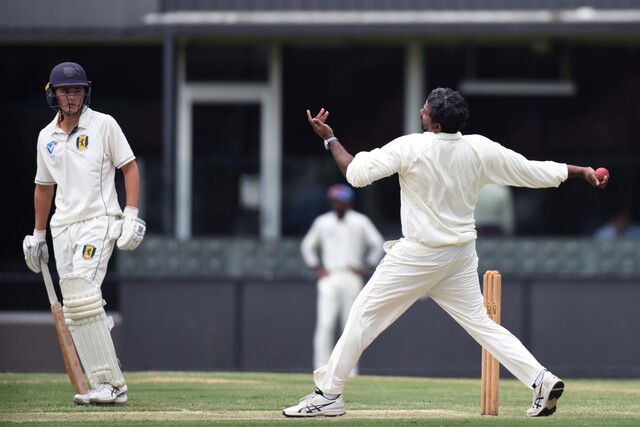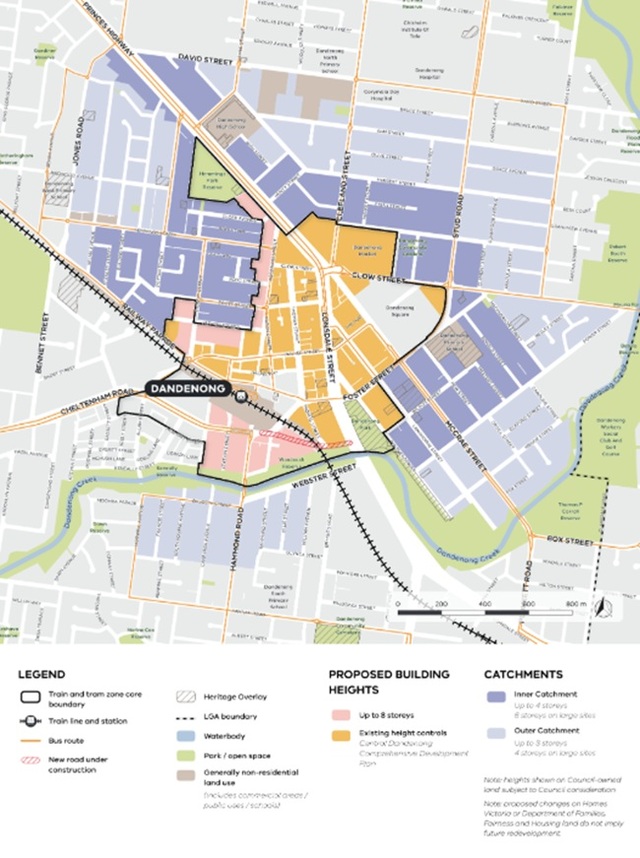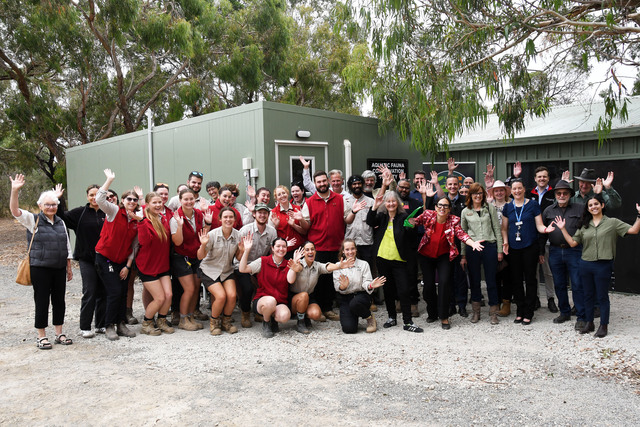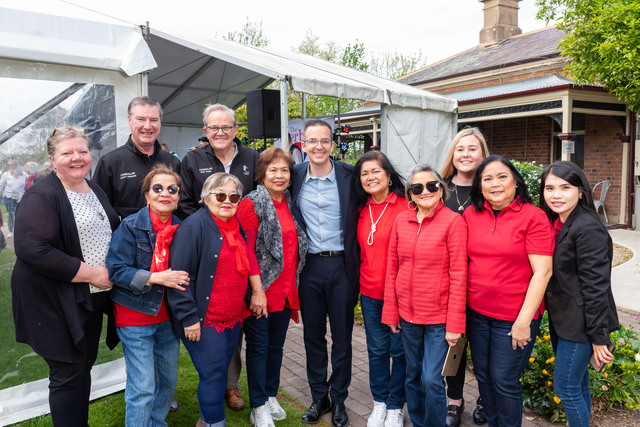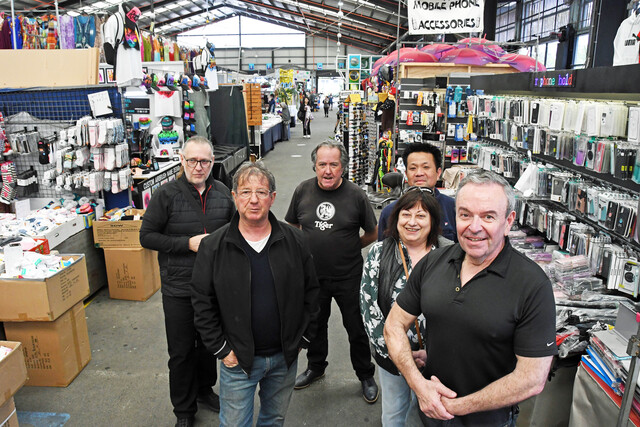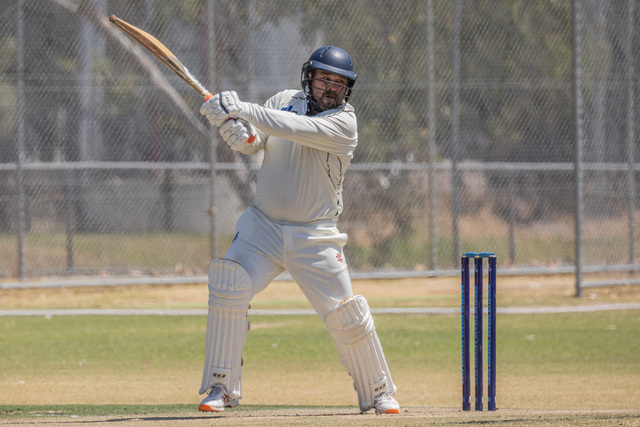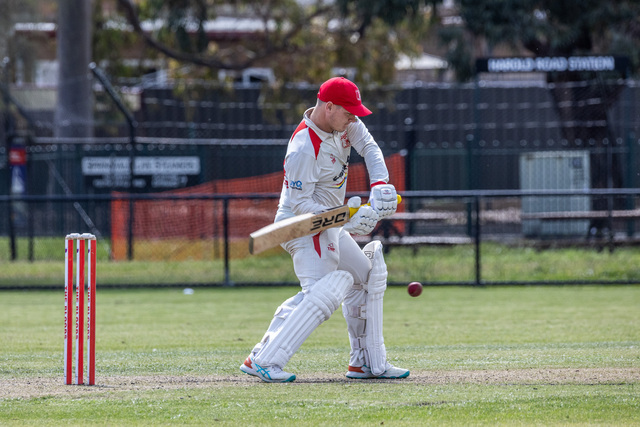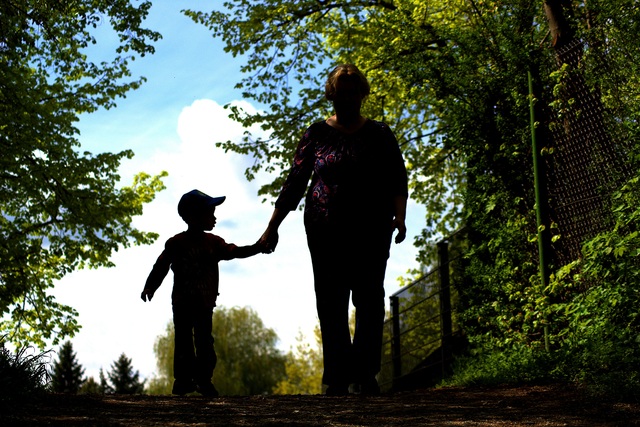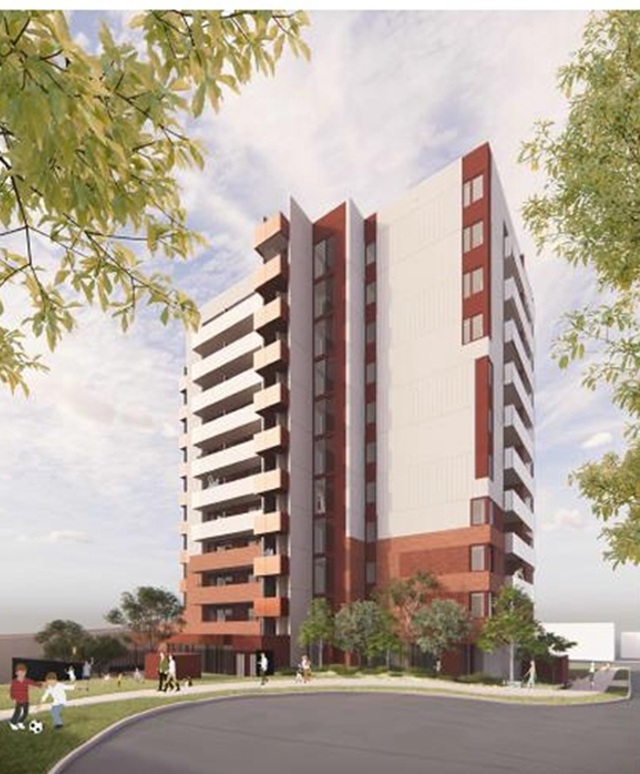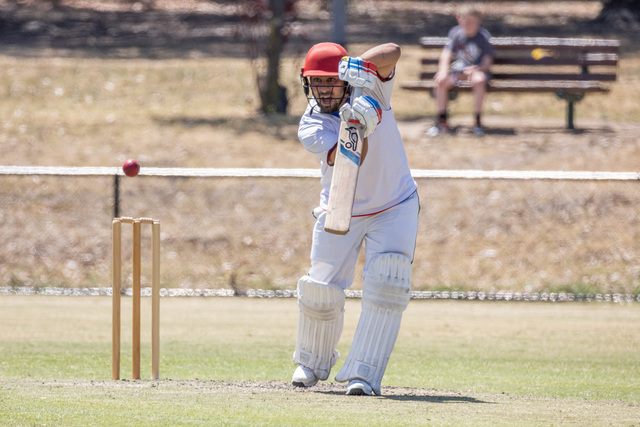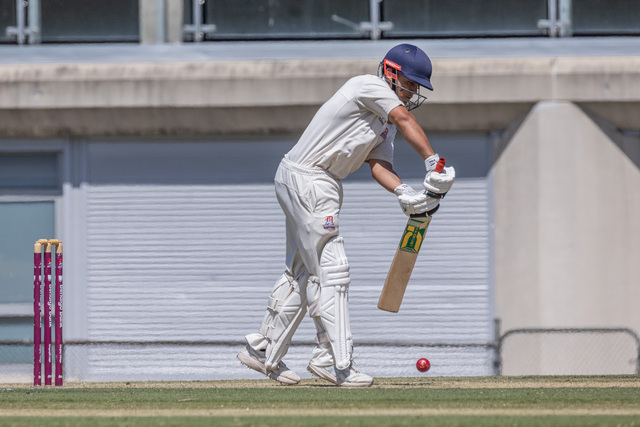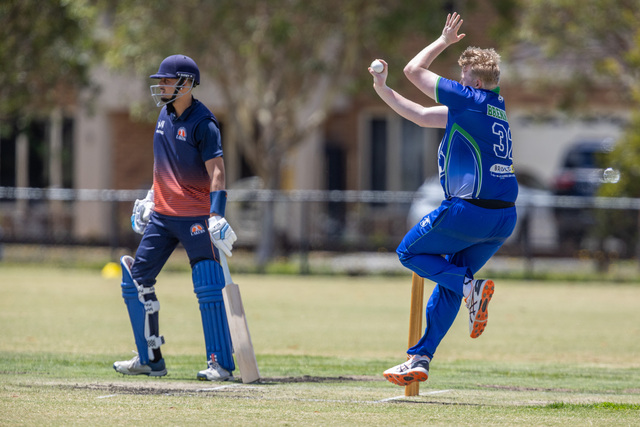ZAKIA Baig received death threats for educating and empowering women in her former home of Pakistan.
Today (Monday) she accepted the Leadership Award at the Greater Dandenong Australia Day Awards for her Australian Hazara Women’s Friendship Network.
Zakia established the group late in 2012 to help Afghan women find a place in their new home.
“I want to show people that these women coming from other countries, refugees, they can be integrated into the mainstream,” she said.
“They can be educated. They can be given opportunities.”
The Dandenong-based network offers English, computer and learner’s permit classes, plus information sessions to link women with other services.
“I’m showing the community that a Hazara woman is as capable of doing things as any other woman,” she said.
“Refugees coming from other countries, they are not waste material.
“They can be useful, but it takes time and resources and work.
“They never get their potential because of cultural differences, because of low self-esteem in the new country.
“This is our organisation’s aim – to bridge Hazara women with other women and to showcase their abilities and capabilities.”
Zakia, originally from Quetta, was last year among 14 people from around the world selected to spend five weeks in Geneva, Switzerland, at the United Nations’ Office of the High Commissioner for Human Rights (OHCHR) Minorities Fellowship Program.
“It was worth doing that because at the end we were different people. Really,” she said.
“Our eyes and minds were able to look out of the circle, out of the walls we used to live in.”
Zakia delivered the inaugural Human Rights Oration at Dandenong Library on 15 December on minorities’ issues and rights.
“We have to stand up,” she said.
“Knowledge is like a light. If we don’t have knowledge, we are blind.”
Her passion for women’s rights first emerged in 1982 when she started a girls’ section in the Student Federation of Hazaras. She followed with a women’s organisation within the Hazara community 10 years later.
“I was happy that everybody from my circle, from my family, supported me – especially my husband, my father, my brother,” she said.
“Without them it was not possible.
“After that, slowly in our community women joined me.”
Zakia opened an empowerment centre for women in 2003 in response to growing poverty stemming from killings of Hazara men.
“Women had no-one to run the family,” she said.
“I tried to help them, because the women started to beg for money.
“We had 200 boys, girls and women coming to the centre and the centre had 12 rooms.”
But after three years, police advised Zakia that there were threats against her life. She made the decision to close up and flee.
“We could not stay in our country, in our home,” she said.
“It wasn’t safe.”
She enrolled in a hospitality management diploma course in 2006, 20 years after completing a bachelor degree in political science and English literature.
Zakia was 42 when she flew to Australia, settled in Dandenong and enrolled her children in school so they could join her on student visas.
“My husband was in Pakistan. He remained there for six years alone,” she said.
“He had to finance us, send money. He had a good business over there, an established life.”
Zakia and her children were granted permanent residency in 2012.
“It was like there was a mountain over your head and shoulders and then suddenly it gets off and you feel free,” she said.
“Now you’re a permanent resident in a safe country.
“This is a country where you can breathe freely – no tension, nothing.
“No fear of any discrimination. There’s no fear that you are a woman so you can’t go out without a man.
“I was very, very relieved and full of energy for my children, full of dreams for my future.”
Power of education
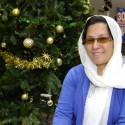
Digital Editions
-
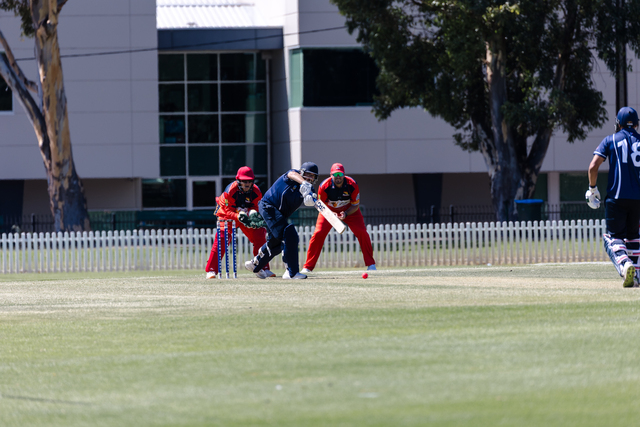
Back-to-back 50s boost Booth’s Vic campaign
Hallam Kalora Park batter Leigh Booth recently returned from Adelaide where he represented Victoria at the Over-40 National Masters Cricket Championships. It was a successful…

